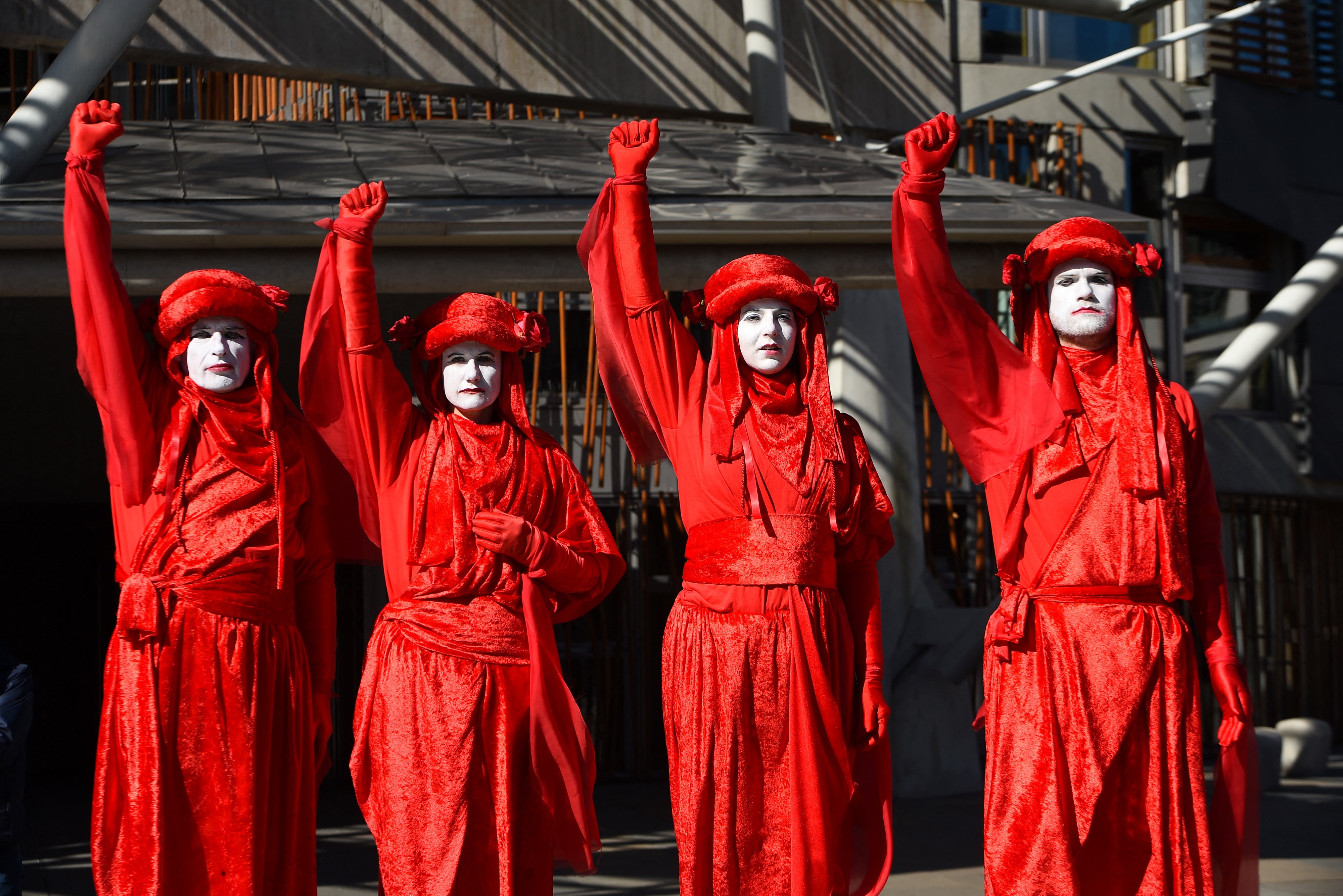Dear climate activists, stop alienating the public or you might lose the battle
The more time they spend disrupting normal life, the weaker their affinity with the public becomes


Your support helps us to tell the story
From reproductive rights to climate change to Big Tech, The Independent is on the ground when the story is developing. Whether it's investigating the financials of Elon Musk's pro-Trump PAC or producing our latest documentary, 'The A Word', which shines a light on the American women fighting for reproductive rights, we know how important it is to parse out the facts from the messaging.
At such a critical moment in US history, we need reporters on the ground. Your donation allows us to keep sending journalists to speak to both sides of the story.
The Independent is trusted by Americans across the entire political spectrum. And unlike many other quality news outlets, we choose not to lock Americans out of our reporting and analysis with paywalls. We believe quality journalism should be available to everyone, paid for by those who can afford it.
Your support makes all the difference.The phrase “history repeats itself” has perhaps never rung more true than today. We may be out of lockdown now, but in these post-Covid, mid-Covid, wherever-we-are-now-with-Covid times, days still have a habit of repeating themselves.
So, when headlines tell of climate protesters blocking oil depots across the UK, we’re thrust mentally back to last year, when climate groups like Extinction Rebellion and Insulate Britain caused general chaos across the UK. Their mission? To use disruptive tactics that would force the government to make essential climate policy pledges. The result? To anger a population already close to breaking point.
In this latest round of climate protests, activists from newcomers, Just Stop Oil, have obstructed access to terminals across England, aiming to put the blockers on new proposed oil and gas projects. Same thing, different day. In now recognisable scenes, protesters have been gluing themselves to roads and locking themselves to oil drums. Police from at least five forces have been deployed to deal with the demonstrations, which have so far seen more than 200 arrested. ExxonMobil UK has shut down three of its terminals as a result of the protests, and drivers have been queuing at petrol stations for fuel that’s running out.
No one is saying their cause is not just. The climate crisis – and “crisis” truly is the best way of describing it – is an issue of gargantuan proportion; requiring the individual to make dramatic lifestyle changes and the government to conjure up the type of policy changes that could harm their chances of re-election.
It’s more the way they are going about it. In last year’s protests, Insulate Britain protesters who had glued themselves across the road halted ambulances in their tracks, hampered commuters getting to work and stopped parents dropping their kids at school. Motorists resorted to manhandling resolute protesters onto the roadside; while activists in Acton had ink thrown in their faces. Already, “us” and “them” factions were forming.
To keep up to speed with all the latest opinions and comment, sign up to our free weekly Voices Dispatches newsletter by clicking here
For any protest group, spreading awareness of the issue at stake and recruiting members of the public to the cause can be a route to making effective change. Infuriating those same members of the public, then, can only do the opposite. With the future of our planet at stake, climate activists should be even more wary of alienating those who could promote their cause in the long run.
This week’s oil and gas protests are, in part, a response to the sharp rise in the UK’s current cost of living. From 1 April, energy bills will rise by 54 per cent. In late March, fuel prices were at an all-time high. By blocking oil and gas depots around the UK, Just Stop Oil intend to put a halt to further production: cutting our fossil fuel dependency at the root, and leaving us free from the type of tariff increases we are seeing today.
But Just Stop Oil’s protests demand long-term solutions, not short-term fixes. The more time they spend disrupting normal life – demanding police attention, causing delays in oil and gas supply chains, even stopping play when an activist manacled himself to the goalpost in a Premier League match – the weaker their affinity with the public becomes.
They position themselves as public nuisances, and demean their objectives in the doing so. There must be another way.
Join our commenting forum
Join thought-provoking conversations, follow other Independent readers and see their replies
Comments